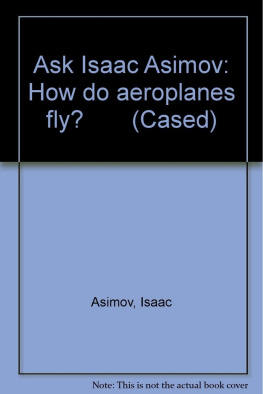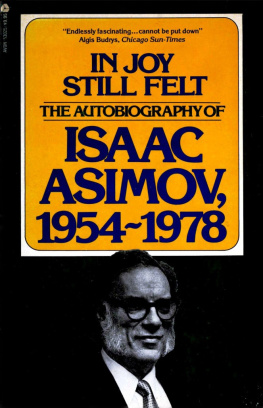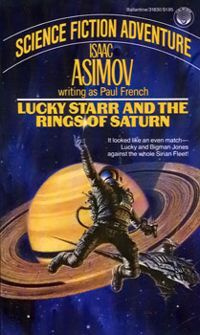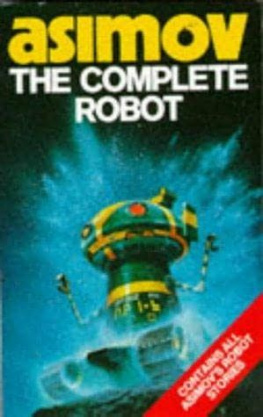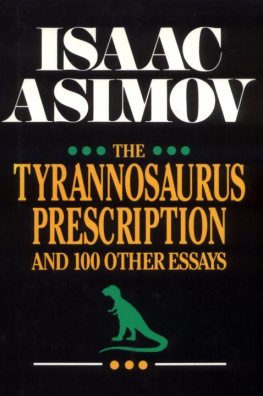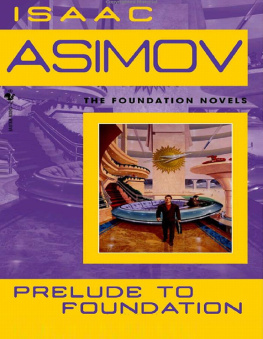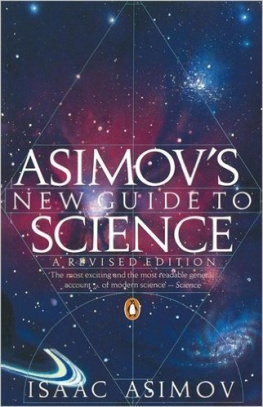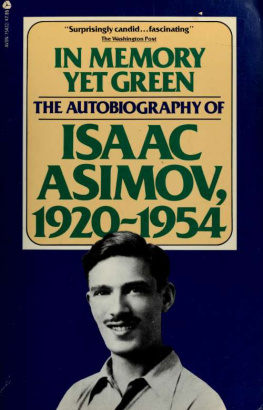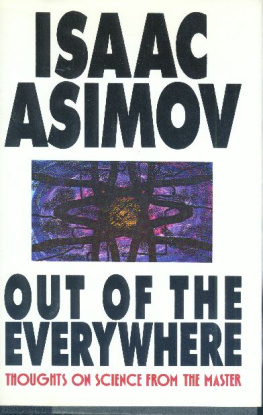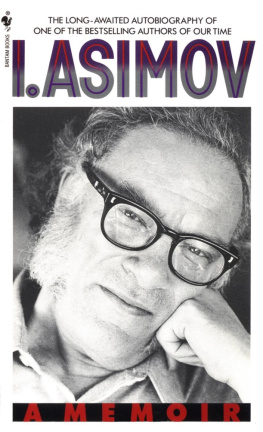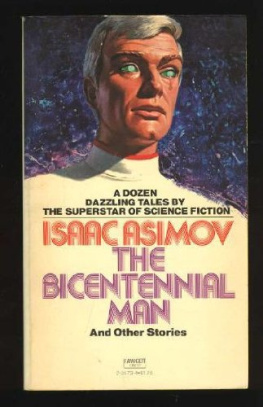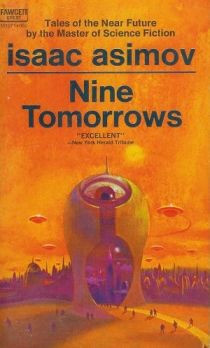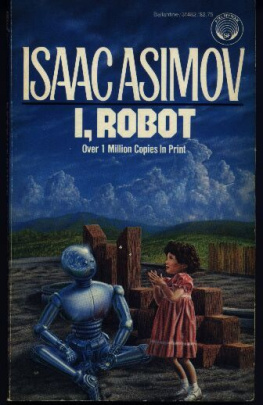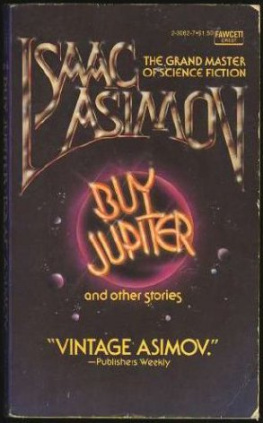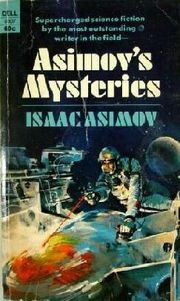Isaac Asimov - How Do Aeroplanes Fly?
Here you can read online Isaac Asimov - How Do Aeroplanes Fly? full text of the book (entire story) in english for free. Download pdf and epub, get meaning, cover and reviews about this ebook. City: Oxford, year: 1994, publisher: Heinemann Library, genre: Adventure. Description of the work, (preface) as well as reviews are available. Best literature library LitArk.com created for fans of good reading and offers a wide selection of genres:
Romance novel
Science fiction
Adventure
Detective
Science
History
Home and family
Prose
Art
Politics
Computer
Non-fiction
Religion
Business
Children
Humor
Choose a favorite category and find really read worthwhile books. Enjoy immersion in the world of imagination, feel the emotions of the characters or learn something new for yourself, make an fascinating discovery.
- Book:How Do Aeroplanes Fly?
- Author:
- Publisher:Heinemann Library
- Genre:
- Year:1994
- City:Oxford
- Rating:5 / 5
- Favourites:Add to favourites
- Your mark:
- 100
- 1
- 2
- 3
- 4
- 5
How Do Aeroplanes Fly?: summary, description and annotation
We offer to read an annotation, description, summary or preface (depends on what the author of the book "How Do Aeroplanes Fly?" wrote himself). If you haven't found the necessary information about the book — write in the comments, we will try to find it.
Looking at aircraft and flight, this is one of a series in which the science-fiction writer, Isaac Asimov, addresses questions about the world about us and explains the scientific principles behind them.
**
How Do Aeroplanes Fly? — read online for free the complete book (whole text) full work
Below is the text of the book, divided by pages. System saving the place of the last page read, allows you to conveniently read the book "How Do Aeroplanes Fly?" online for free, without having to search again every time where you left off. Put a bookmark, and you can go to the page where you finished reading at any time.
Font size:
Interval:
Bookmark:
Flies
Copyright 1953 by Fantasy House, Inc.
"Flies!" said Kendell Casey, wearily. He swung his arm. The fly circled, returned and nestled on Casey's shirt-collar.
From somewhere there sounded the buzzing of a second fly.
Dr. John Polen covered the slight uneasiness of his chin by moving his cigarette quickly to his lips.
He said, "I didn't expect to meet you, Casey. Or you, Winthrop. Or ought I call you Reverend Winthrop?"
"Ought I call you Professor Polen?" said Winthrop, carefully striking the proper vein of rich-toned friendship.
They were trying to snuggle into the cast-off shell of twenty years back, each of them. Squirming and cramming and not fitting.
Damn, thought Polen fretfully, why do people attend college reunions?
Casey's hot blue eyes were still filled with the aimless anger of the college sophomore who has discovered intellect, frustration, and the tag-ends of cynical philosophy all at once.
Casey! Bitter man of the campus!
He hadn't outgrown that. Twenty years later and it was Casey, bitter exman of the campus! Polen could see that in the way his finger tips moved aimlessly and in the manner of his spare body.
As for Winthrop? Well, twenty years older, softer, rounder. Skin pinker, eyes milder. Yet no nearer the quiet certainty he would never find. It was all there in the quick smile he never entirely abandoned, as though he feared there would be nothing to take its place, that its absence would turn his face into a smooth and featureless flesh.
Polen was tired of reading the aimless flickering of a muscle's end; tired of usurping the place of his machines; tired of the too much they told him.
Could they read him as he read them? Could the small restlessness of his own eyes broadcast the fact that he was damp with the disgust that had bred mustily within him?
Damn, thought Polen, why didn't I stay away?
They stood there, all three, waiting for one another to say something, to flick something from across the gap and bring it, quivering, into the present.
Polen tried it. He said, "Are you still working in chemistry, Casey?"
"In my own way, yes," said Casey, gruffly. "I'm not the scientist you're considered to be. I do research on insecticides for E. J. Link at Chatham."
Winthrop said, "Are you really? You said you would work on insecticides. Remember, Polen? And with all that, the flies dare still be after you, Casey?"
Casey said, "Can't get rid of them. I'm the best proving ground in the labs. No compound we've made keeps them away when I'm around. Someone once said it was my odor. I attract them."
Polen remembered the someone who had said that.
Winthrop said, "Or else-"
Polen felt it coming. He tensed.
"Or else," said Winthrop, "it's the curse, you know." His smile intensified to show that he was joking, that he forgave past grudges.
Damn, thought Polen, they haven't even changed the words. And the past came back.
"Flies," said Casey, swinging his arm, and slapping. "Ever see such a thing? Why don't they light on you two?"
Johnny Polen laughed at him. He laughed often then. "It's something in your body odor, Casey. You could be a boon to science. Find out the nature of the odorous chemical, concentrate it, mix it with DDT, and you've got the best fly-killer in the world."
"A fine situation. What do I smell like? A lady fly in heat? It's a shame they have to pick on me when the whole damned world's a dung heap."
Winthrop frowned and said with a faint flavor of rhetoric, "Beauty is not the only thing, Casey, in the eye of the beholder."
Casey did not deign a direct response. He said to Polen, "You know what Winthrop told me yesterday? He said those damned flies were the curse of Beelzebub."
"I was joking," said Winthrop.
"Why Beelzebub?" asked Polen.
"It amounts to a pun," said Winthrop. "The ancient Hebrews used it as one of their many terms of derision for alien gods. It comes from Ba'al, meaning lord and zevuv, meaning fly. The lord of flies."
Casey said, "Come on, Winthrop, don't say you don't believe in Beelzebub." :,t "I believe in the existence of evil," said Winthrop, stiffly.
"I mean Beelzebub. Alive. Horns. Hooves. A sort of competition deity." "Not at all." Winthrop grew stiffer. "Evil is a short-term affair. In the end it must lose-"
Polen changed the subject with a jar. He said, "I'll be doing graduate work for Venner, by the way. I talked with him day before yesterday, and he'll take me on."
"No! That's wonderful." Winthrop glowed and leaped to the subject-change instantly. He held out a hand with which to pump Polen's. He was always conscientiously eager to rejoice in another's good fortune. Casey often pointed that out.
Casey said, "Cybernetics Venner? Well, if you can stand him, I suppose he can stand you."
Winthrop went on. "What did he think of your idea? Did you tell him your idea?"
"What idea?" demanded Casey.
Polen had avoided telling Casey so far. But now Venner had considered it and had passed it with a cool, "Interesting!" How could Casey's dry laughter hurt it now?
Polen said, "It's nothing much. Essentially, it's just a notion that emotion is the common bond of life, rather than reason or intellect. It's practically a truism, I suppose. You can't tell what a baby thinks or even // it thinks, but it's perfectly obvious that it can be angry, frightened or contented even when a week old. See?
"Same with animals. You can tell in a second if a dog is happy or if a cat is afraid. The point is that their emotions are the same as those we would have under the same circumstances."
"So?" said Casey. "Where does it get you?"
"I don't know yet. Right now, all I can say is that emotions are universals. Now suppose we could properly analyze all the actions of men and certain familiar animals and equate them with the visible emotion. We might find a tight relationship. Emotion A might always involve Motion B. Then we could apply it to animals whose emotions we couldn't guess at by common sense alone. Like snakes, or lobsters."
"Or flies," said Casey, as he slapped viciously at another and flicked its remains off his wrist in furious triumph.
He went on. "Go ahead, Johnny. I'll contribute the flies and you study them. We'll establish a science of flychology and labor to make them happy
by removing their neuroses. After all, we want the greatest good of the greatest number, don't we? And there are more flies than men." "Oh, well," said Polen.
Casey said, "Say, Polen, did you ever follow up that weird idea of yours? I mean, we all know you're a shining cybernetic light, but 1 haven't been reading your papers. With so many ways of wasting time, something has to be neglected, you know."
"What idea?" asked Polen, woodenly.
"Come on. You know. Emotions of animals and all that sort of guff. Boy, those were the days. I used to know madmen. Now I only come across idiots."
Winthrop said, "That's right, Polen. I remember it very well. Your first year in graduate school you were working on dogs and rabbits. I believe you even tried some of Casey's flies."
Polen said, "It came to nothing in itself. It gave rise to certain new principles of computing, however, so it wasn't a total loss."
Why did they talk about it?
Emotions! What right had anyone to meddle with emotions? Words were invented to conceal emotions. It was the dreadfulness of raw emotion that had made language a basic necessity.
Polen knew. His machines had by-passed the screen of verbalization and dragged the unconscious into the sunlight. The boy and the girl, the son and the mother. For that matter, the cat and the mouse or the snake and the bird. The data rattled together in its universality and it had all poured into and through Polen until he could no longer bear the touch of life.
Next pageFont size:
Interval:
Bookmark:
Similar books «How Do Aeroplanes Fly?»
Look at similar books to How Do Aeroplanes Fly?. We have selected literature similar in name and meaning in the hope of providing readers with more options to find new, interesting, not yet read works.
Discussion, reviews of the book How Do Aeroplanes Fly? and just readers' own opinions. Leave your comments, write what you think about the work, its meaning or the main characters. Specify what exactly you liked and what you didn't like, and why you think so.

